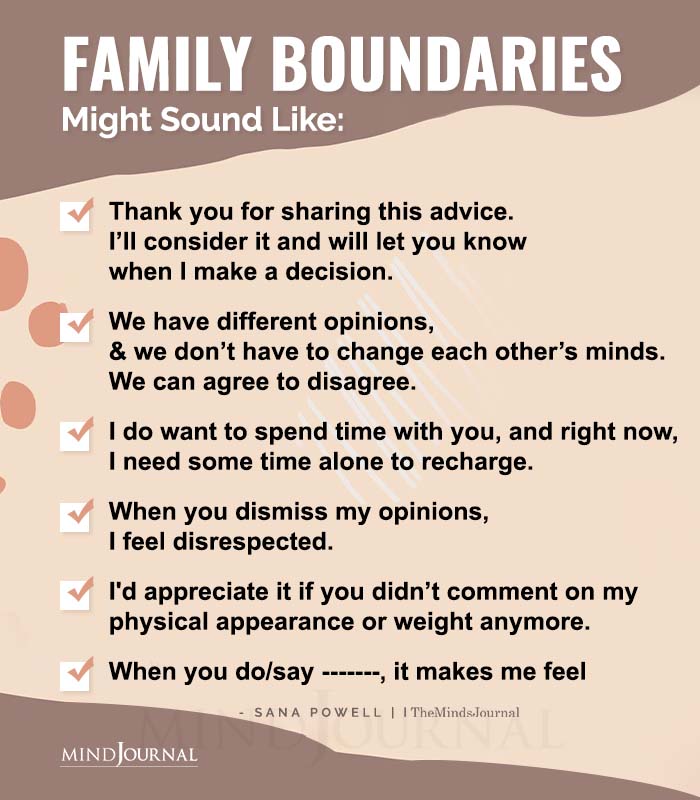Trying to be fair when your partner and parents have an argument can be a tough balancing act to master. Which is why, sometimes validating your partner is necessary. This article is going to talk about how to support your partner, and what’s the best strategy if you’re thinking about how to validate your partner’s feelings.
KEY POINTS
- Troubles with in-laws are common in relationships.
- It’s natural to want to keep harmony between your partner and your family member.
- It’s important to try to understand why your partner’s emotions make sense and validate them.
One of the most common problems I see as a couples therapist is trouble with the in-laws. In fact, 75% of couples report having problems with an in-law.
It can be hard enough to deal with your own parents, let alone your partner’s parents, who may disapprove of you (openly or covertly), be protective of their child (or the opposite, treat their child in ways that make you want to protect your partner), or feel threatening to you or the relationship in some other way.
Relationships can be tough, and family dynamics especially can be challenging to navigate; combining your most intimate relationship and your family dynamic can pose its own struggles.
Related: 5 Rules For Living With Your In-Laws (and Making It Work)
When Your Partner Is Hurt By Your Parent
Something I see often in my office is couples who struggle with how to handle it when an in-law offends. When their parent does something that upsets their partner, I often see the same old pattern ensue—I call this pattern the “That’s not what she meant” dance.
When the partner is hurt, the son or daughter sees a rupture in the family happening; a slow unraveling of the relationship between their partner and their parent. They want harmony, and for the family to get along. So, in an attempt to preserve the relationship between parent and partner, they invalidate their partner’s complaints.
It could sound something like this:
“It really hurt when your mom didn’t thank me for cooking and called my food too salty.”
“She didn’t mean it like that, she was just surprised.”
“But it hurt.”
“You’re making too big of a deal out of this. Don’t worry about it too much.”
[Partner pouts and turns away (or explodes)].
The adult child above likely has good intentions. They hear that their partner is upset, and they want to help. They try to make things better by telling them there’s no cause to worry.

How To Support Your Partner When They Feel Hurt
But if there’s one thing I’ve learned from being a therapist about the human experience, it’s that feeling understood is among the most important needs for us as humans.
When we hear things like “It wasn’t like that,” or “There’s nothing to worry about,” we feel invalidated and unheard. The partner here is not soothed, but instead left feeling misunderstood and frustrated. They likely long to truly feel that their partner “gets” them and has their back.
To avoid getting caught in this all-too-common pattern, validate your partner’s struggles. If they say that they’re hurt by something, take that at face value and don’t try to talk them out of their feelings.
Related: How Healthy Boundaries With Your In-laws Will Make Your Marriage Stronger
How To Validate Your Partner Without Bashing Your Parent
Often, I see that my clients are hesitant to validate their partner’s hurt feelings when they involve the actions of a family member. They may fear that they’ll make the disharmony in the family worse and their partner will move further away from getting along with their parent.
You don’t have to insult your mother or father to validate your partner’s emotions and to show them that they make sense.
Showing your partner that you understand why their hurt makes sense and are there for them will likely bring much more harmony into the family, as your partner won’t feel as alienated or on the outside when they know that you are right there with them and they are heard.
Try responding to your partner like this:
“It really hurt when your mom didn’t thank me for cooking and called my food too salty.”
“I’m so sorry to hear that, I can see why that hurts you. You put so much work into dinner and I know how much you love making people smile when they taste your food. And it was delicious. Is there anything I can do to be here for you right now?”
This response shows: I get it, I get you—and your feelings make sense.
Responding like this can help your partner feel safe in knowing that they have you on their team and they aren’t alone in their feelings. This increased level of safety can soothe your partner’s hypervigilance and make them feel more comfortable when it’s time to go see Mom and Dad, resulting in less tension and conflict.
Want to know more about how to validate your partner’s feelings? Check this video out below!
To book an online couples or individual therapy or coaching session with Dr. Tasha Seiter or a skilled therapist or coach on her team (from anywhere in the world), visit their website, call, or email: https://marriage-counseling-fort-collins.com/
(970)335-9190
[email protected] would love to work with you in relationship or individual coaching or therapy!
Written By Dr. Tasha Seiter Originally Appeared On Psychology Today









Leave a Reply
You must be logged in to post a comment.